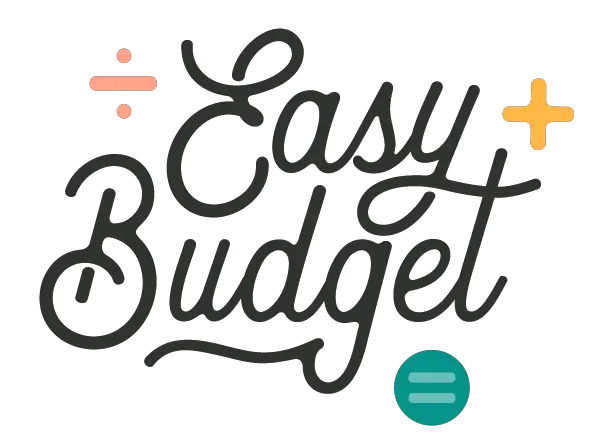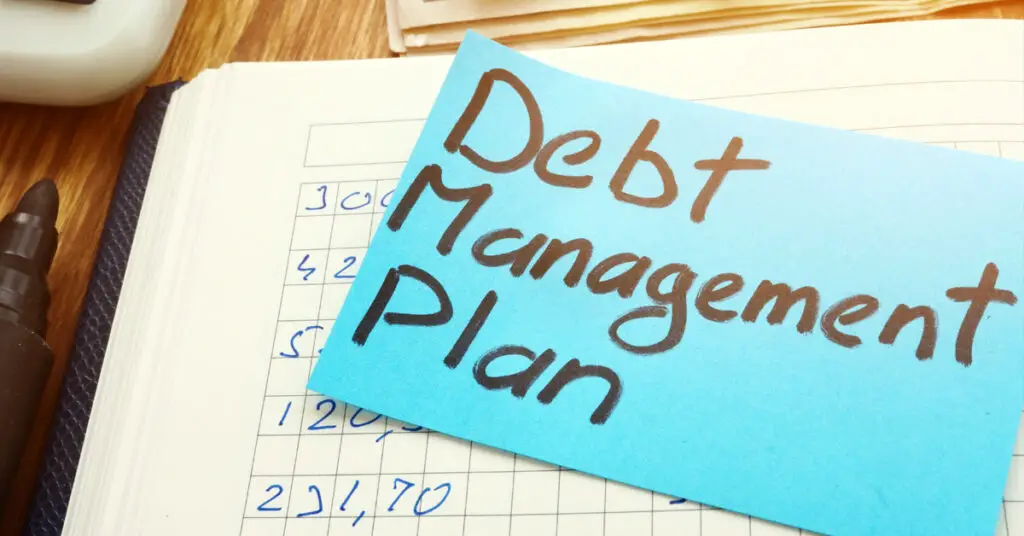This post may contain affiliate links where I earn a commission, at no additional cost to you, if you decide to make a purchase after clicking on a link. Please see our Disclosure Policy for full details. Thank you for your support!
Discover the secrets to effective debt management, empowering you to take control of your financial future and achieve long-lasting prosperity.
Table of Contents
- Introduction
- Understanding Your Debt
- Creating a Realistic Repayment Plan
- Tips for Successful Debt Management
- Frequently Asked Questions
- Conclusion
Introduction to Debt Management
Debt management is an essential skill for anyone seeking to achieve financial freedom and live a more prosperous life. With rising living costs and increasing debt levels, it’s more important than ever to have a solid debt management plan in place. In this article, we will explore the various aspects of debt management, including the importance of understanding your debt, creating a realistic repayment plan, and maintaining a positive mindset towards financial success. By following these steps, you can take control of your financial future and pave the way to a life free from the burden of debt.
1. Understanding Your Debt
A. Assess Your Debt Situation
To successfully manage your debt, it’s crucial to have a clear understanding of your current financial situation. Begin by listing all your debts, including credit cards, personal loans, and student loans. Be sure to note the interest rates, minimum monthly payments, and outstanding balances for each. You should also understand what increases total loan balance and how to manage it.
B. Identify High-Interest Debts
High-interest debts can quickly become unmanageable if not addressed promptly. Identify these debts and prioritize them in your repayment plan to save on interest costs and speed up your debt repayment journey.
2. Creating a Realistic Repayment Plan
A. Set SMART Financial Goals
Establishing clear and achievable financial goals is the foundation of successful debt management. Ensure your goals are SMART: Specific, Measurable, Achievable, Relevant, and Time-bound. By setting SMART goals, you’ll have a clear roadmap to follow, making it easier to stay on track and monitor your progress.
B. Establish a Budget
A comprehensive budget is essential for managing your debt effectively. Start by listing your income sources and tracking your expenses. Categorize your expenses into fixed (rent, utilities, etc.) and variable (entertainment, dining out, etc.) to identify areas where you can cut back. Allocate a portion of your monthly income specifically for debt repayment, ensuring that you can consistently make progress towards your financial goals.
C. Prioritize Debts
Prioritize your debts based on outstanding balances, starting with the smallest balance first. Focus on paying off the smallest debts while making minimum payments on the larger ones. This strategy, known as the debt snowball method, helps build momentum and motivation as you quickly eliminate smaller debts and work your way up to the larger balances, ultimately accelerating your debt repayment journey.
3. Tips for Successful Debt Management
A. Explore Debt Consolidation
Debt consolidation can simplify your debt repayment process by combining multiple debts into a single, more manageable loan. This may result in a lower overall interest rate, making it easier to stay on top of your debt repayments.
B. Boost Your Income
Increasing your income can help you pay off debt faster. Consider taking on freelance work, selling unused items, or seeking a higher-paying job. With more income, you’ll have greater flexibility to allocate funds towards your debt repayments.
C. Stay Accountable
Share your debt repayment goals with a trusted friend or family member who can offer encouragement and keep you accountable. Regular check-ins can help you stay focused and motivated throughout your debt management journey.
Frequently Asked Questions
1. What is the difference between debt management and debt settlement?
Debt management involves creating a structured plan to pay off your existing debts, often by consolidating them or negotiating lower interest rates. In contrast, debt settlement is the process of negotiating with creditors to reduce the outstanding balance owed, often resulting in a lump-sum payment that is less than the full amount owed. While both strategies can help you regain control of your finances, debt management typically has less severe consequences for your credit score than debt settlement.
2. How long does it take to become debt-free using debt management strategies?
The time it takes to become debt-free varies depending on your individual circumstances, such as the amount of debt, interest rates, and your commitment to repaying your debts. By setting realistic financial goals, establishing a budget, and prioritizing high-interest debts, you can accelerate your debt repayment journey and achieve financial freedom more quickly.
3. Can I manage my debt on my own, or do I need professional help?
While many individuals can successfully manage their debt independently using the strategies outlined in this article, some may benefit from the guidance of a professional debt counselor or financial advisor. If you’re struggling to create a workable repayment plan or need assistance negotiating with creditors, seeking professional help can provide additional support and expertise to help you achieve your financial goals.
Conclusion
Debt management is a critical skill for anyone looking to take control of their financial future and achieve lasting prosperity. By understanding your debt, creating a realistic repayment plan, and adopting effective strategies, you can navigate the complexities of debt and work towards a life free from financial burdens.
Remember, staying accountable and maintaining a positive mindset are key to staying motivated and committed throughout your debt management journey. With perseverance and dedication, you can conquer your debts and pave the way to a more secure and prosperous future. So, take charge of your finances today and embark on the path to mastering the art of debt management. Embrace the opportunity to transform your financial situation, and look forward to the day when you can celebrate your hard-earned financial freedom.











